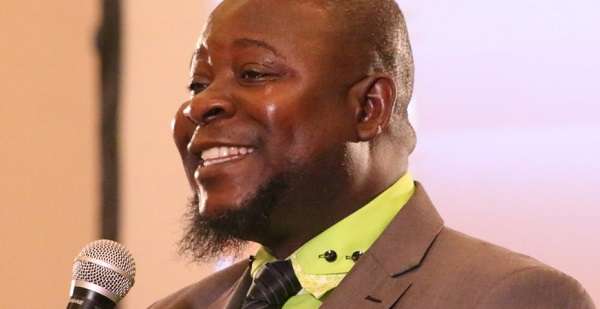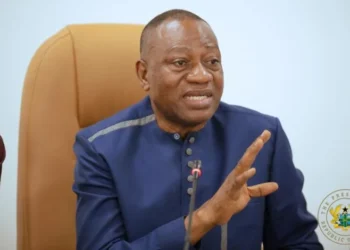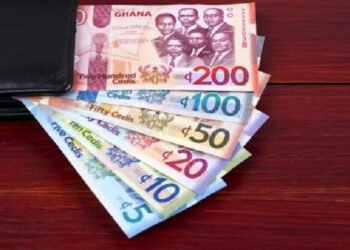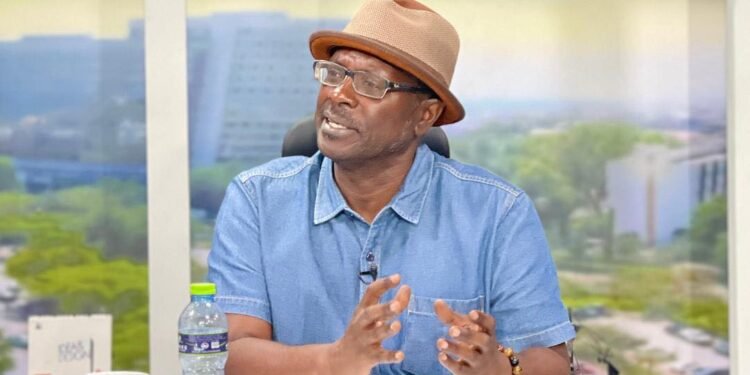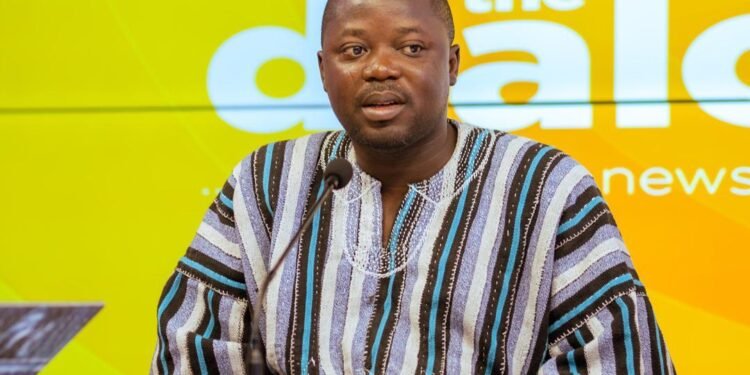Senior Research Fellow at the Institute for Fiscal Studies (IFS), Dr. Said Boakye, has urged the Ghanaian Authorities to double up on negotiations with the International Monetary Fund (IMF) in order to get the needed support to cushion the economy.
According to him, the support from IMF could help improve government finances and help shore up inflows in the capital and financial accounts.
“If the fiscal authorities are unable to put their finances in order, then what we just saw in the first 7 months will repeat. But is good that we have had a breathing space now and the fiscal authorities have to double up with the negotiations with the IMF and get the deal so that government finances will be improved which will help with the financial and capital accounts to get in some inflows”.
Dr. Said Boakye
The improvement in the accounts, he said, can help government to go back and borrow even though that is not a good solution in the long-term. Dr. Said Boakye explained that in the short-term if the government is able to borrow from the capital market and also help reduce the rate at which foreign investors repatriate their profits, it will bring in some foreign exchange to support the Cedi. This will help because it’s the medium term solution, he emphasized.
Surplus in merchandise trade accounts
Dr. Said Boakye further noted that even though the country has been recording surplus in its merchandise trade accounts, it is not helping so much in getting foreign inflows. He explained that the merchandise trade account has three main commodities: gold, cocoa, and oil but noted that the country gets all the foreign exchange from the sale of cocoa but for gold and oil, “it’s a very big problem”.
The Senior Economist was speaking on PM Express on Tuesday night on the topic: “sustaining the marginal gains in the performance of the cedi”.
Dr. Boakye’s comments followed the continuous depreciation of the local currency which is ranked among the weakest globally. The Ghana Cedi on Tuesday, August 30, 2022 was reported to trade at GHC9.90 to the United States dollar in what analysts say is a significant appreciation after months of struggle with the dollar, Euro, the Pound and other currencies.
A recent currency performance ranking by Bloomberg classified the Cedi as the worst-performing currency across the globe after Sri Lanka’s Rupee.
Bloomberg tracked the performance of 150 currencies in the world and the Cedi placed last but one in terms of performance since the beginning of the year. In less than 8 months, the Cedi has come under intense exchange rate pressure.
However, after going down GHC10.3 to the dollar, it started off the week on a strong footing crawling back to GHC9.90. Minister of State at the Finance Ministry, Charles Adu Boahen, attributed the marginal appreciation to the availability of the 750 million dollar Afrexim loan.
Commenting on this, Dr. Said Boakye noted that even though the $750 million is so limited, “it is giving us a breathing space”. In the long-term, he underscored that if government is unable to borrow from the capital market and foreign investors also continue withdrawing their funds, it will further increase the government’s inability to manage the country’s financing.
READ ALSO: Addition Of Other Fixed Charges Will Increase Tariff Percentage Announced By PURC- ECG

